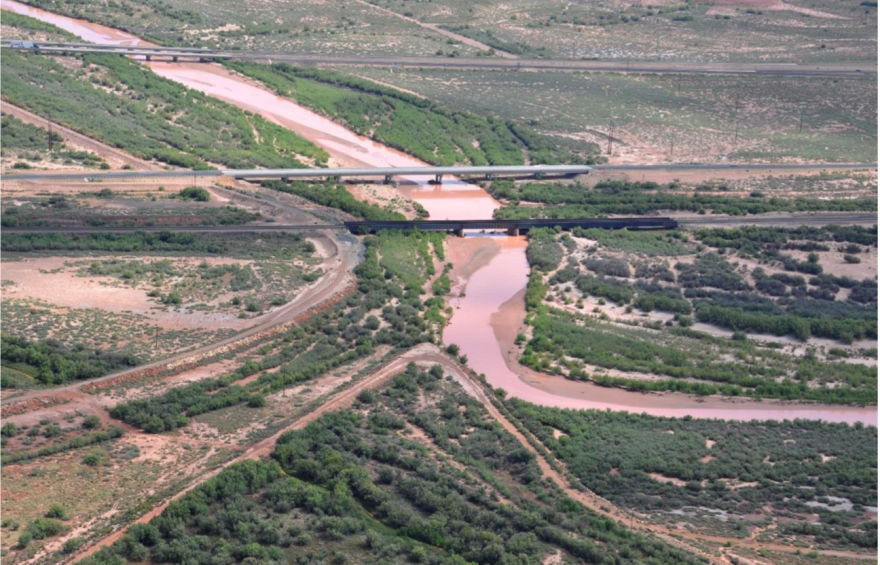A key U.S. Senate committee has unanimously approved a broad set of initiatives to help shore up flood and drought resistance in northern Arizona. They are part of a sweeping water bill considered by lawmakers every other year.
Among the many projects in the legislation is an effort to rebuild the Winslow Levee as residents and businesses face the looming threat of catastrophic flooding from the Little Colorado River. The bill would also help enlarge Flagstaff’s Rio de Flag to prevent flooding in the city’s southside.
Arizona Senator Mark Kelly sponsored separate legislation earlier this year which included many of the projects. He spoke Wednesday at a hearing of the Environment and Public Works Committee.
"This year’s bipartisan Water Resources Development Act takes big steps to improve how we can prepare for long-term drought in the West … And it creates a new program to allow the Army Corps to partner with tribal communities to construct and manage corps projects," Kelly said.
Among the provisions are a plan to improve watersheds in the Little Colorado River Basin on the Navajo Nation, and install solar panels over irrigation canals for the Gila River Indian Community. In addition, the bill would fund an advanced wastewater treatment facility in Flagstaff that would allow for potable reuse.
Kelly and officials from the U.S. Army Corps of Engineers held a field hearing in Flagstaff earlier this year about the proposals. It was the first such hearing in the city in three decades.



